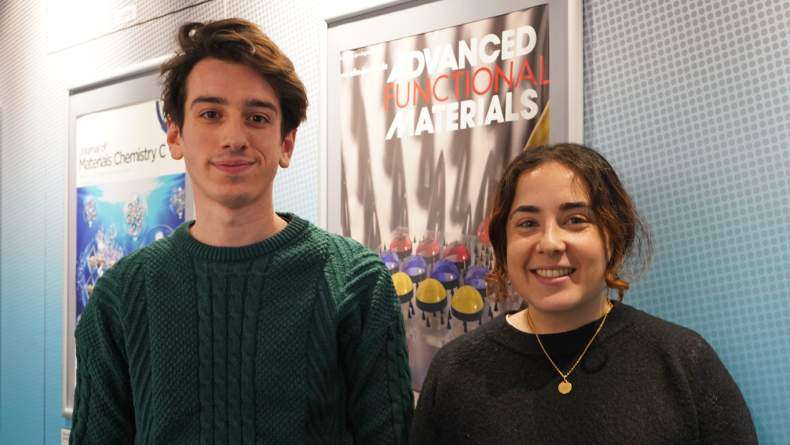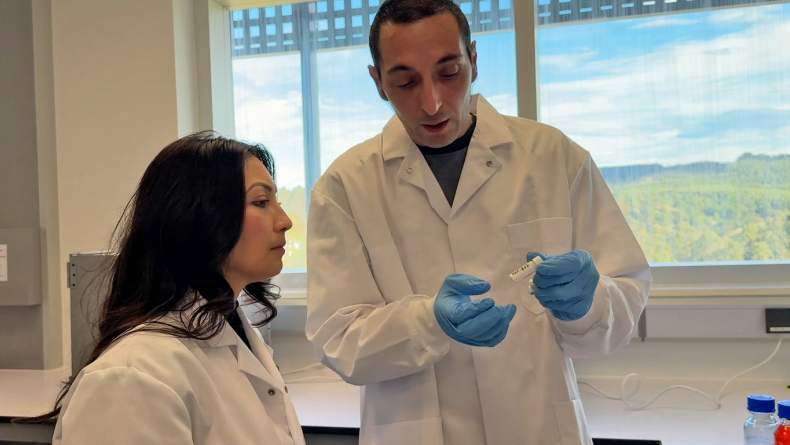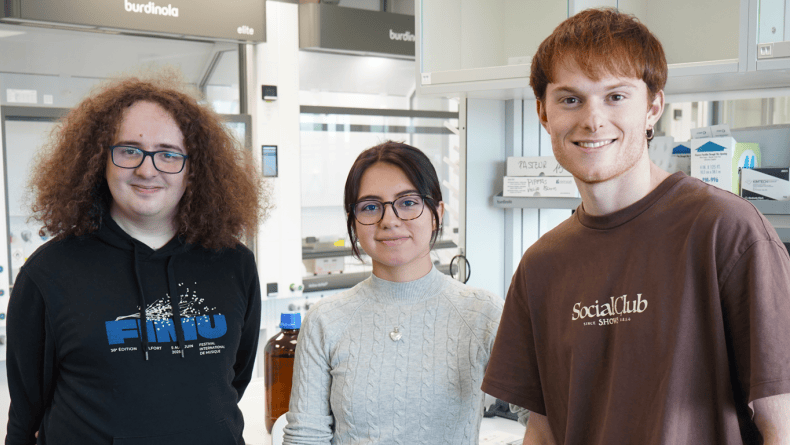PhD Results #8

ANDER REIZABAL
(BCMATERIALS)
Multifunctional silk based materials
The strong dependence of current life-style on fossil fuels during the last centuries has generated an increasing global environmental damage. In order to change this situation, a technological transition from synthetic materials toward a new generation of natural based ones is proposed. In this scope, Silk, a natural macromolecular protein produced by Bombyx Mori silkworms, has been selected as one of the most promising materials for a variety of technological applications. Silk fibers are among the strongest materials obtained from nature and thanks to the extended silkworm breeding are easily accessible. Silk also shows excellent thermal and chemical stability, high mechanical strength and biodegradability. Further, silk is highly processable and shows piezoelectric response. In order to explore Silk as multifunctional material for technological applications, this works reports a series of Silk based devices based on a variety of Silks based materials. For that, Silk has been processed as fibres, films, mats, membranes, gels and particles. Secondly, the different morphologies have been combined with complementary fillers in order to improve silk intrinsic properties. Thereby, transparent and conductive layers, piezorresistive sensors, magnetic and electric bending responsive actuators and polymeric Li-batteries have been obtained. Thus, the present work demonstrated that a new line of investigation around natural based materials is possible, leading to environmental friendlier technologies and devices.
PAULA GONZÁLEZ SAIZ
(BCMATERIALS)
New VOCs detection system at BCMaterials
Nowadays the detection of different harmful gases such Volatile Organic Compounds (VOCs) results very important to ensure the air quality and the population security. For that reason, the development of rapid, cheap and accurate VOCs sensing devices results very important. In this context, a new VOCs detection system has been recently set at BCMaterials in order to deepen this research line. Thanks to that system, two different devices based on magnetoelastic and capacitive sensors functionalized with Metal Organic Frameworks (MOFs) have been successfully tested for the detection of different VOCs. This system opens new paths in the area of environmental research and could be the basis of many more investigations. Come and know more
Related news
Sara Martín and Stefano Lunghi Join BCMaterials as New Researchers
BCMaterials is pleased to welcome two new members to its research team: Sara Martín Iglesias, a postdoctoral researcher in the Active and Smart Materials research line, and Stefano Lunghi, a…Nanomaterials for Water Remediation and Valorization
Scientific staff at BCMaterials are developing next-generation nanomaterials combined with naturally sourced polymer membranes for water decontamination and reuse. These advanced materials not only…Three New Resarchers Join BCMaterials
The new year has brought BCMaterials the arrival of three new young scientists to our staff. They are the pre-doctoral researchers Karen Cano and Mikel Russo, along with the post-doctoral researcher…BCMaterials Activities at Emakumeak Zientzian (Women in Science)
This year marks the 10th anniversary of the Emakumeak Zientzian (Women in Science) initiative, which brings together more than 30 Basque organizations (universities, research centers, companies…) to…



